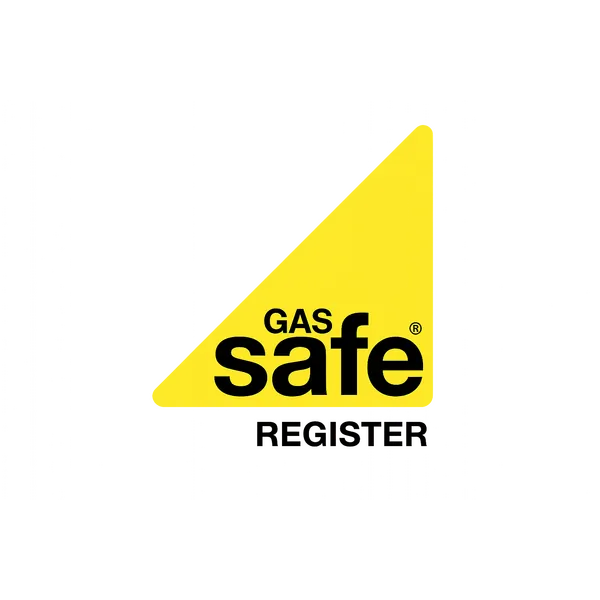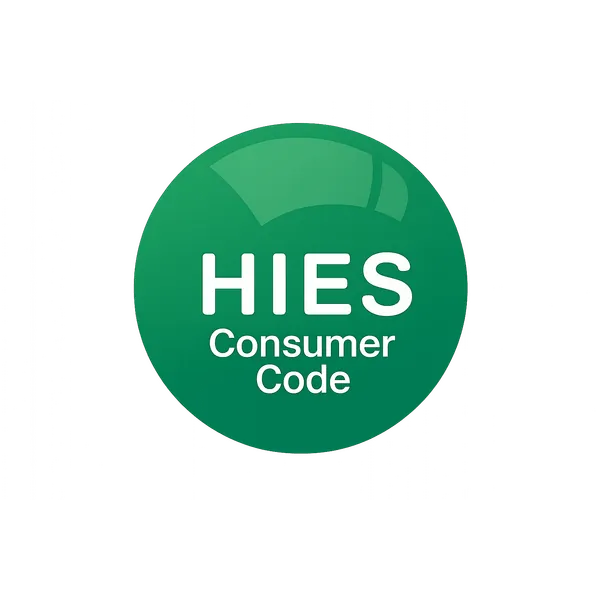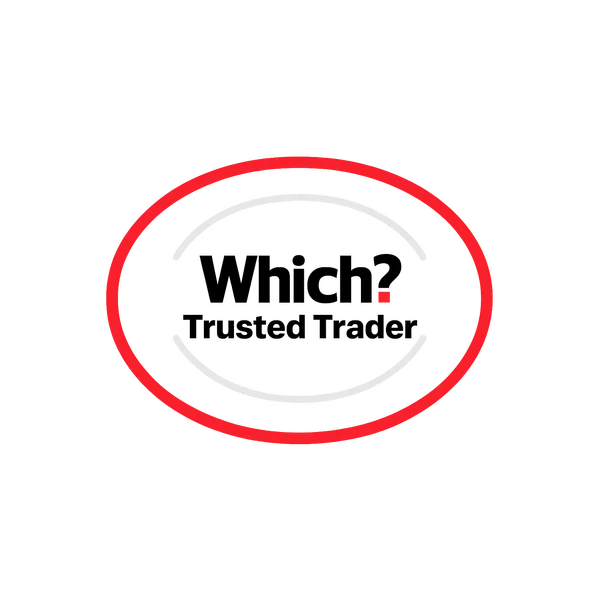Flexible Solar Panels: Pros, Cons and More
Flexible Solar Panels: Pros, Cons and More
Flexible Solar Panels: Pros, Cons and Costs
Flexible Solar Panels: A Comprehensive Guide
As the urgency of combating climate change grows more apparent each day, the adoption of renewable energy sources, particularly solar power, has become increasingly imperative. Solar panel technology continues to evolve, aiming to enhance efficiency, affordability, and sustainability in production methods. Among these advancements, flexible solar panels have emerged as a promising innovation, offering unique advantages and considerations. In this article, we delve into the pros, cons, and costs of flexible solar panels to assist you in determining their suitability for your project.
Understanding Flexible Solar Panels
Flexible solar panels represent a recent evolution in photovoltaic (PV) technology. Like their rigid counterparts, they harness sunlight to generate electricity. However, what sets them apart is their construction. These panels consist of metal, plastic, or glass substrates coated with thin layers of photovoltaic film, making them notably thinner, lighter, and more adaptable than standard solar panels. Their flexibility allows for easier installation on various surfaces, including those unable to support the weight of traditional panels.
Types of Solar Panels
Before diving into the specifics of flexible solar panels, it's essential to understand the broader categories of solar panels available:
- Monocrystalline Solar Panels:Known for their high efficiency and durability, monocrystalline panels are crafted from pure silicon cells, making them the most efficient but also the most expensive option.
- Polycrystalline Solar Panels:These panels are composed of raw silicon and are less expensive to produce than monocrystalline panels. However, they are slightly less efficient and larger in size.
- Thin-Film Solar Panels:Among thin-film solar panels, flexible solar panels are a notable variety. Made from silicon, thin-film panels are generally more cost-effective to produce. However, they have a shorter lifespan compared to crystalline panels and require more space for installation.
Monocrystalline Solar Panels:Known for their high efficiency and durability, monocrystalline panels are crafted from pure silicon cells, making them the most efficient but also the most expensive option.
Polycrystalline Solar Panels:These panels are composed of raw silicon and are less expensive to produce than monocrystalline panels. However, they are slightly less efficient and larger in size.
Thin-Film Solar Panels:Among thin-film solar panels, flexible solar panels are a notable variety. Made from silicon, thin-film panels are generally more cost-effective to produce. However, they have a shorter lifespan compared to crystalline panels and require more space for installation.
Pros and Cons of Flexible Solar Panels
Pros:
- Versatility:Flexible solar panels can be shaped to suit various installations, making them suitable for unconventional applications such as on vehicles or curved surfaces.
- Lightweight and Portable:Their lightweight design facilitates easy transportation and temporary installations, ideal for mobile setups like caravans or campervans.
- Semi-Transparency:Some flexible solar panels offer semi-transparency, making them suitable for installation on glass surfaces or even as windows.
- Durability:Despite their flexibility, these panels are resilient to adverse weather conditions, ensuring long-term reliability.
- Lower Cost:Flexible solar panels are generally more affordable to produce and install than traditional panels, offering cost savings for consumers.
Versatility:Flexible solar panels can be shaped to suit various installations, making them suitable for unconventional applications such as on vehicles or curved surfaces.
Lightweight and Portable:Their lightweight design facilitates easy transportation and temporary installations, ideal for mobile setups like caravans or campervans.
Semi-Transparency:Some flexible solar panels offer semi-transparency, making them suitable for installation on glass surfaces or even as windows.
Durability:Despite their flexibility, these panels are resilient to adverse weather conditions, ensuring long-term reliability.
Lower Cost:Flexible solar panels are generally more affordable to produce and install than traditional panels, offering cost savings for consumers.
Cons:
- Lower Efficiency:Flexible solar panels typically exhibit lower efficiency in converting sunlight into electricity compared to rigid panels, although ongoing development aims to improve this aspect.
- Space Requirements:Due to their thinner PV cell layers, flexible panels require more surface area for installation, potentially limiting their applicability in space-constrained environments.
- Shorter Lifespan:While durable, flexible solar panels tend to have a shorter lifespan than standard panels, necessitating consideration of long-term maintenance and replacement costs.
Lower Efficiency:Flexible solar panels typically exhibit lower efficiency in converting sunlight into electricity compared to rigid panels, although ongoing development aims to improve this aspect.
Space Requirements:Due to their thinner PV cell layers, flexible panels require more surface area for installation, potentially limiting their applicability in space-constrained environments.
Shorter Lifespan:While durable, flexible solar panels tend to have a shorter lifespan than standard panels, necessitating consideration of long-term maintenance and replacement costs.
Cost Considerations
The cost of flexible solar panels varies depending on factors such as materials and efficiency levels. Generally, higher efficiency panels command a higher price, with costs ranging from £1,500 to £20,000 for installations of different sizes.
Frequently Asked Questions (FAQs)
- Are flexible solar panels suitable for residential installations?Flexible solar panels can be used for residential installations, especially in cases where the roof structure may not support the weight of traditional panels or where aesthetics are a concern. However, homeowners should carefully consider factors such as efficiency, lifespan, and available roof space before opting for flexible panels.
- How do flexible solar panels compare to traditional panels in terms of efficiency?Flexible solar panels generally have lower efficiency compared to traditional panels. While advancements are being made to improve their efficiency, homeowners should expect a slight decrease in energy production compared to rigid panels.
- Can flexible solar panels be used in off-grid applications?Yes, flexible solar panels are well-suited for off-grid applications due to their portability and adaptability. They are commonly used in camping, boating, and other outdoor activities where access to conventional power sources may be limited.
- What maintenance is required for flexible solar panels?Flexible solar panels require minimal maintenance compared to traditional panels. Regular cleaning to remove dirt and debris is recommended to ensure optimal performance. Additionally, inspecting for any signs of damage or wear and tear is advisable to address issues promptly.
- How long do flexible solar panels last?The lifespan of flexible solar panels varies depending on factors such as quality, usage, and environmental conditions. While they are durable, flexible panels typically have a shorter lifespan compared to traditional panels, ranging from 10 to 20 years on average.
- Are flexible solar panels suitable for commercial installations?Flexible solar panels can be used for commercial installations, particularly in applications where space or weight restrictions are a concern. However, businesses should carefully evaluate their energy needs and consider factors such as efficiency, cost, and available installation space before making a decision.
- Do flexible solar panels work in cloudy or low-light conditions?While flexible solar panels are designed to generate electricity from sunlight, they can still produce energy in cloudy or low-light conditions. However, their efficiency may be reduced compared to sunny conditions. It's essential to consider local weather patterns and average sunlight exposure when planning for solar installations.
- Can flexible solar panels be integrated into building materials?Yes, flexible solar panels can be integrated into building materials such as roofing membranes or glass facades, offering both energy generation and architectural benefits. This integration allows for seamless incorporation of solar technology into the design of residential and commercial buildings.
Are flexible solar panels suitable for residential installations?
Flexible solar panels can be used for residential installations, especially in cases where the roof structure may not support the weight of traditional panels or where aesthetics are a concern. However, homeowners should carefully consider factors such as efficiency, lifespan, and available roof space before opting for flexible panels.
How do flexible solar panels compare to traditional panels in terms of efficiency?
Flexible solar panels generally have lower efficiency compared to traditional panels. While advancements are being made to improve their efficiency, homeowners should expect a slight decrease in energy production compared to rigid panels.
Can flexible solar panels be used in off-grid applications?
Yes, flexible solar panels are well-suited for off-grid applications due to their portability and adaptability. They are commonly used in camping, boating, and other outdoor activities where access to conventional power sources may be limited.
What maintenance is required for flexible solar panels?
Flexible solar panels require minimal maintenance compared to traditional panels. Regular cleaning to remove dirt and debris is recommended to ensure optimal performance. Additionally, inspecting for any signs of damage or wear and tear is advisable to address issues promptly.
How long do flexible solar panels last?
The lifespan of flexible solar panels varies depending on factors such as quality, usage, and environmental conditions. While they are durable, flexible panels typically have a shorter lifespan compared to traditional panels, ranging from 10 to 20 years on average.
Are flexible solar panels suitable for commercial installations?
Flexible solar panels can be used for commercial installations, particularly in applications where space or weight restrictions are a concern. However, businesses should carefully evaluate their energy needs and consider factors such as efficiency, cost, and available installation space before making a decision.
Do flexible solar panels work in cloudy or low-light conditions?
While flexible solar panels are designed to generate electricity from sunlight, they can still produce energy in cloudy or low-light conditions. However, their efficiency may be reduced compared to sunny conditions. It's essential to consider local weather patterns and average sunlight exposure when planning for solar installations.
Can flexible solar panels be integrated into building materials?
Yes, flexible solar panels can be integrated into building materials such as roofing membranes or glass facades, offering both energy generation and architectural benefits. This integration allows for seamless incorporation of solar technology into the design of residential and commercial buildings.
Contact us to arrange a free, no obligation quotationfrom our friendly team. We'll get back to you within one working day.
See Our Solar and Battery Installation Services in Action
Solar Panel Installation and FAQ’s
Getting Started with Solar Panels
Dive into the world of solar panel installation with insights into flat roof setups, possible energy savings, how it works, panel options, and more.
- Best House Solar Panels Compared
- Average Solar Panel Costs
- What Kind Of System Do I Need?
- Do I Need Planning Permission in The UK?
- Solar Panel Sizes Explained
- How Long Do Solar Panels Last?
- How Do Panels Work?
- Does Solar PV Work In Cloudy Days?
- Improving Your EPC With Solar PV
- How Much Do Solar Panels Save On Your Energy Bills?
- Solar Inverters Explained
- How much electricity does a solar panel produce?
- Is My Roof Suitable For A System?
Best House Solar Panels Compared
Average Solar Panel Costs
What Kind Of System Do I Need?
Do I Need Planning Permission in The UK?
Solar Panel Sizes Explained
How Long Do Solar Panels Last?
How Do Panels Work?
Does Solar PV Work In Cloudy Days?
Improving Your EPC With Solar PV
How Much Do Solar Panels Save On Your Energy Bills?
Solar Inverters Explained
How much electricity does a solar panel produce?
Is My Roof Suitable For A System?
Solar Panel Installation and Types
Discover how to participate in the SEG scheme and navigate planning permissions in the UK while exploring the essential concept of DNO approval for a seamless solar panel experience.
- The Process of Installation
- Flat Roof Solar Systems Explained
- In-Roof Solar Systems
- Free Solar Panel Installation With ECO4 Grant
- Solar Panels For Farm Buildings
- Solar Panels For Commercial Properties
- DNO Approval: What Is It and How Does It Work?
- Solar, Inverter, and Battery Packages
- Are Solar Roof Tiles Worth It? The Pros & Cons
The Process of Installation
Flat Roof Solar Systems Explained
In-Roof Solar Systems
Free Solar Panel Installation With ECO4 Grant
Solar Panels For Farm Buildings
Solar Panels For Commercial Properties
DNO Approval: What Is It and How Does It Work?
Solar, Inverter, and Battery Packages
Are Solar Roof Tiles Worth It? The Pros & Cons
Find the best system size for your needs ☀️
Reliable Solar & Battery Services for Your Home
With CRG, you can be sure you’re getting the best results at a cost-effective price. Our highly-rated commercial solar installation services include the following:
- Home Solar Installation
- Flat Roof Solar
- Commercial Solar Installation
- Ground Mounted Solar Panels
- Slate Roof Solar
- In Roof or Integrated Panels
- Metal Roof Solar System Installation
- Farm Building/ Farm House Solar
Home Solar Installation
Flat Roof Solar
Commercial Solar Installation
Ground Mounted Solar Panels
Slate Roof Solar
In Roof or Integrated Panels
Metal Roof Solar System Installation
Farm Building/ Farm House Solar
Learn more about how our experienced solar energy professionals can help you — simplyrequest a free quoteonline or call us on0333 253 3531today.
Read ourgreat reviews.
From quote to after care we found CRG professional… From start to finish we found CRG helpful, professional and the workmanship excellent.
IAIN - CRG SOLAR CUSTOMER














